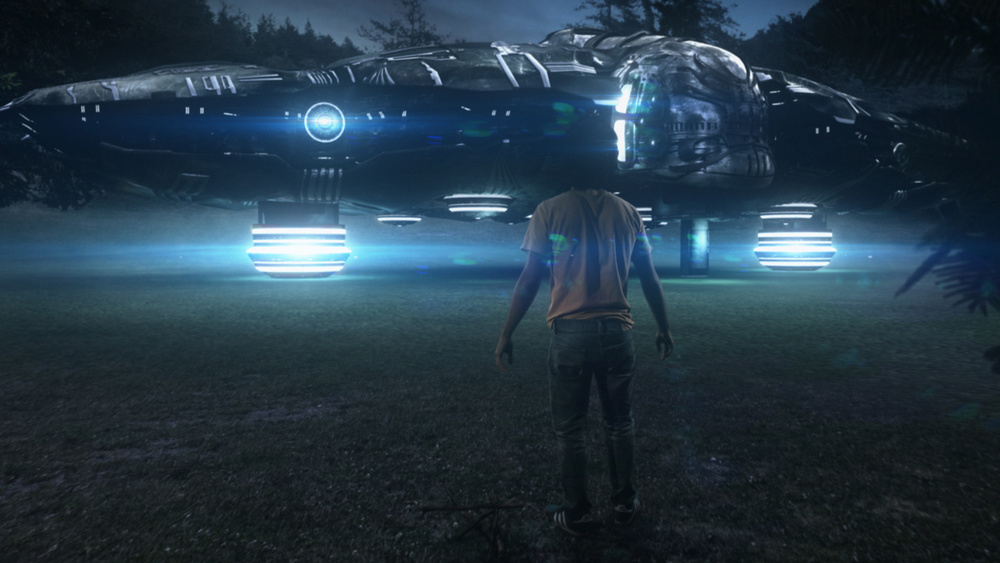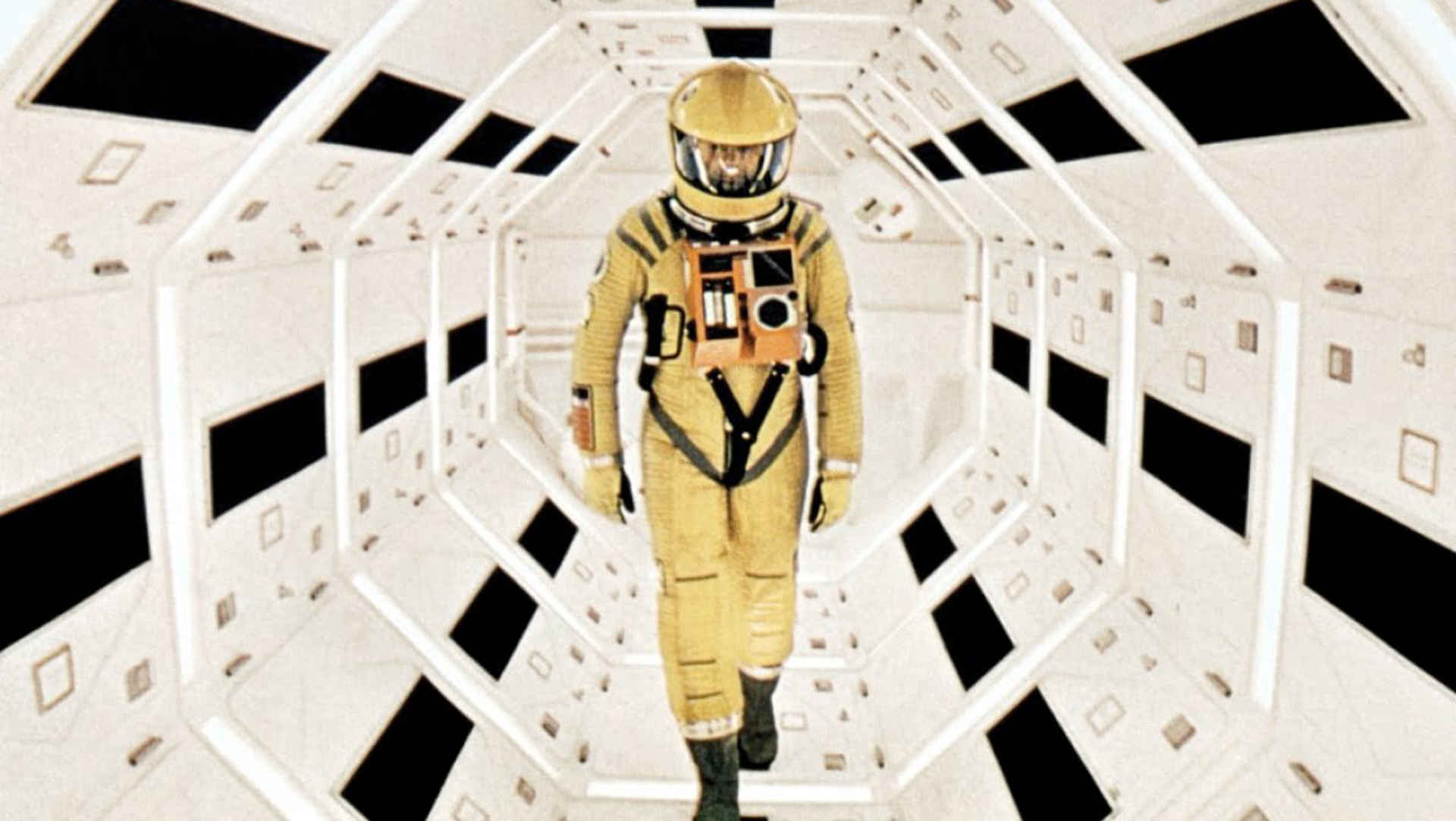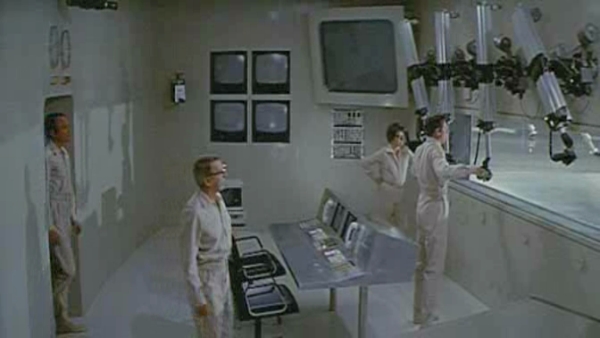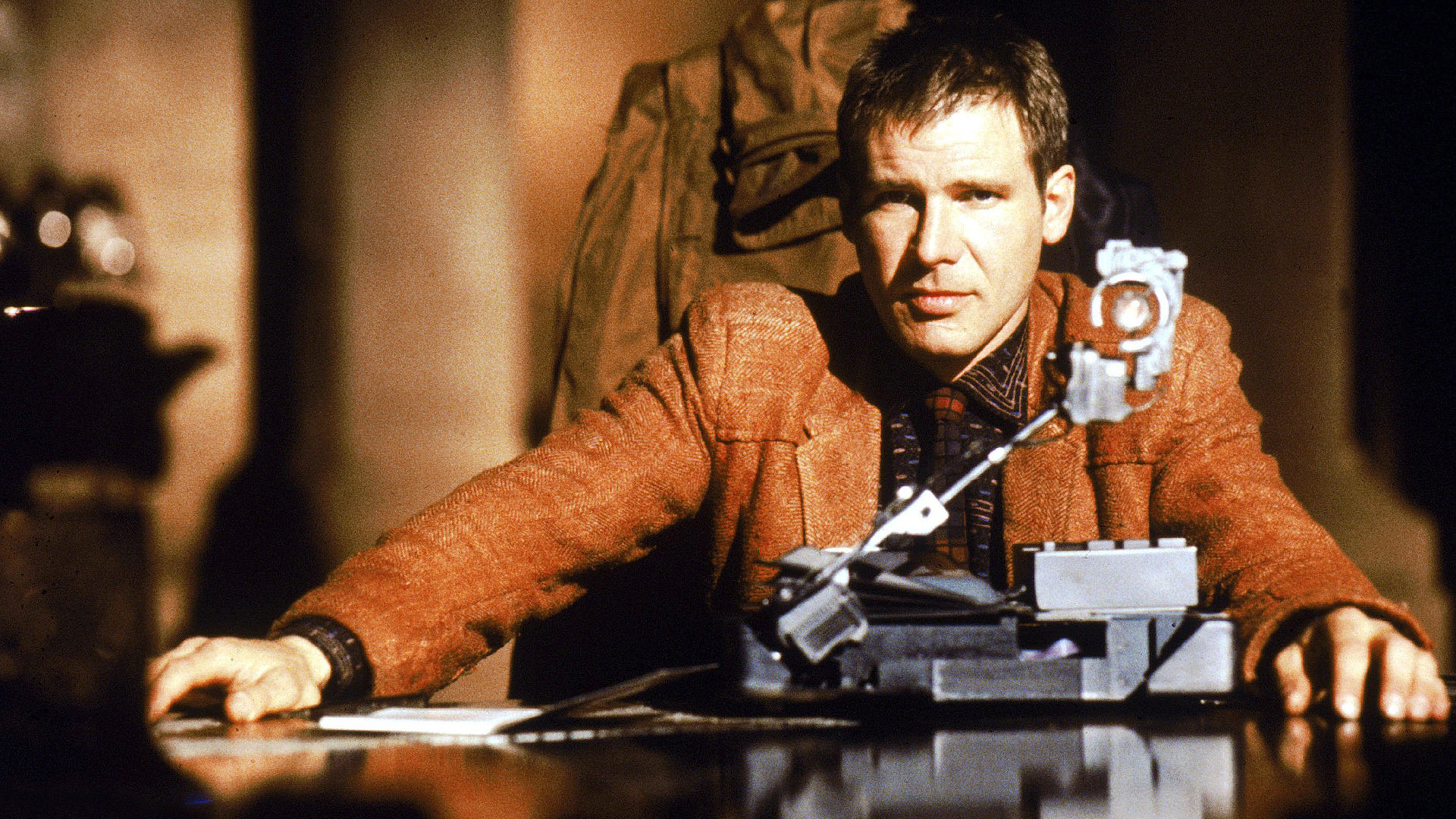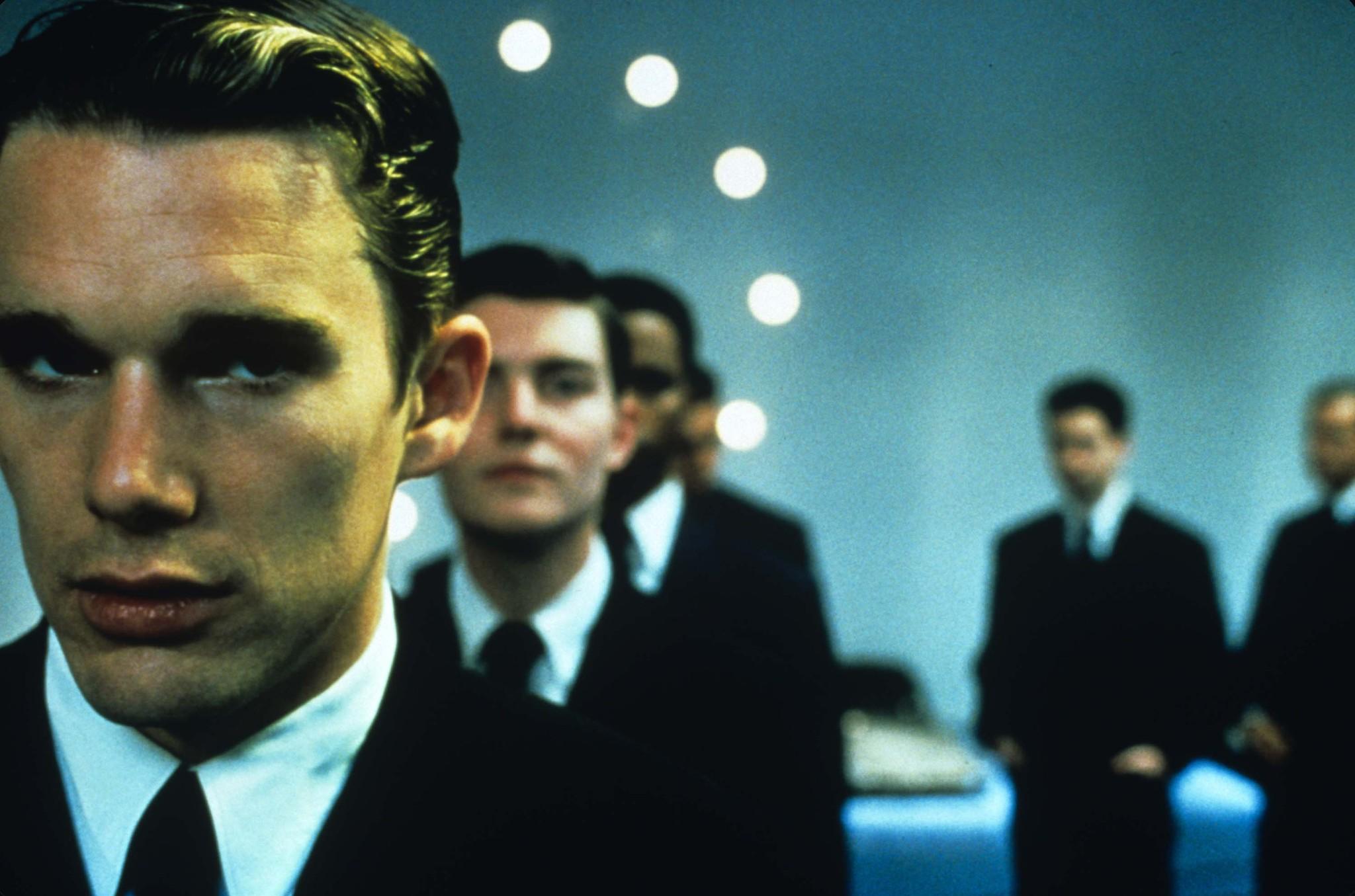When the medical journal Circulation printed a study last year about stress and depression being the cause of early deaths, it was generally overlooked by the public as being somewhat obvious and a given. What most people seem to forget is that the celebrities they love who die early are most likely the result of the stress their career puts on their bodies.
Seven researchers from the Department of Medicine at Columbia University wrote in their study Perfect Storm: Concurrent Stress and Depressive Symptoms Increase Risk of Myocardial Infarction or Death that patients with coronary heart disease are more at risk of early death if their mental state is also ill due to depression and stress. Considering one out of every four people that die in the United States every year suffer from coronary heart disease, this isn’t surprising at first, but when you also consider that stress affects the same number of adults, all you need to add to the mix for the “perfect storm” that leads to an early death is depression.
Depression is known to affect around 7% of American adults, although the definition of depression is often controversially discussed as being ambiguous to laymen. This study, however, assessed its 4487 participants based on showing signs of stress and signs of depression over a five year period, being categorized as either low stress/low depression or high stress/high depression, and the subjects with the most heart attacks happened to be the ones with high stress and high depression.
With the recent deaths of Prince and David Bowie, it might make sense to assume that Prince, known for being a workaholic, spiritually disrupted (for lack of a better explanation) and argumentative or “difficult” person, was prone to an early death despite being clean and sober — that is if he also had heart disease (reports are uncertain as this writing). Bowie, on the other hand, may have made it further if he hadn’t succumbed to liver cancer, most likely caused by a lifetime of alcohol and oral drug use (pills).
Of course this is just speculation, but it’s still may help to dispel the notion that celebrities, with all their millions and fan love, live longer, healthier lives then the rest of us..





